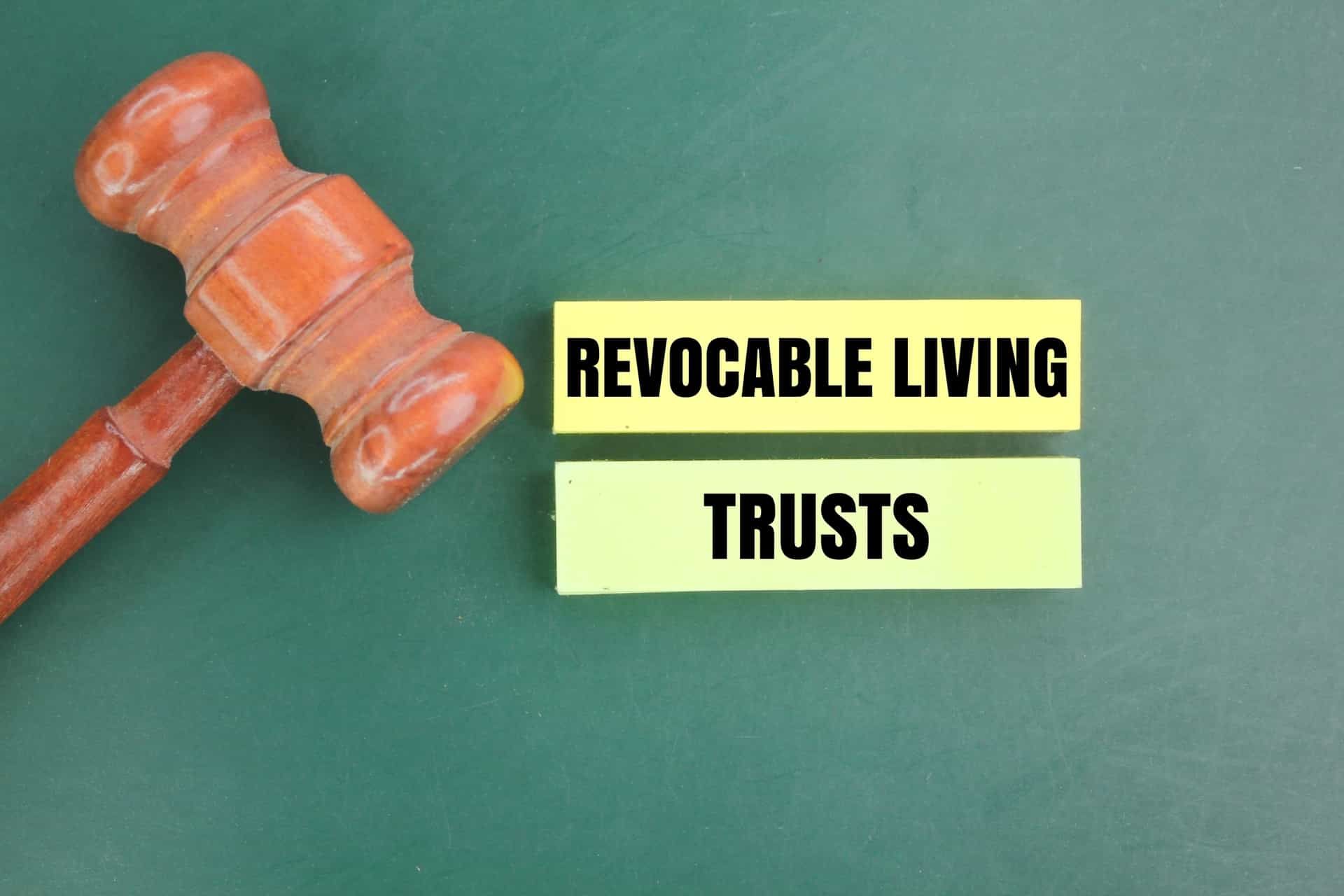Lawyers play a vital role in advocacy for social justice by offering legal knowledge and support to individuals and societies desiring claim their rights. In a world where legal issues often intersect with topics of justice, lawyers act as essential allies for those affected by discrimination, unfairness, and institutional injustices. They support navigate the challenges of the legal system, amplifying marginalized voices and making sure that everyone has access to the rights they are entitled to.
In this article, we will examine the diverse roles that attorneys perform within social justice endeavors. From comprehending laws regarding personal injuries and the rights of tenants to leading clients through the judicial system in defending accused individuals, legal professionals provide important support in a number of fields of law. We will also address important legal tips everyone should know, what you can anticipate during your premier legal consultation, and the usual legal mistakes people fall into. By the conclusion, you will have a clearer perspective on how legal professionals contribute not only to individual cases but also to broader societal transformation.
Legal Information for All
Navigating the legal landscape can be daunting, but everyone should have a fundamental understanding of their entitlements and responsibilities. One vital aspect is understanding when to hire an lawyer. Whether you're facing a tort case, a domestic relations issue, or a business dispute, identifying when expert legal guidance is necessary can greatly impact the outcome of your situation. Attorneys not only provide skill but also help you navigate complex legal processes.
Additionally important area to reflect on is the frequent legal mistakes individuals make. Many individuals attempt to manage legal matters on their own, leading to oversights or misinterpretations that could have been prevented with appropriate counsel. Knowing what these mistakes are can help you avoid traps that might endanger your case. Informing yourself about these blunders can enable you to make educated decisions when legal issues arise.
Additionally, awareness of your entitlements can significantly improve your legal standing. For example, being aware of your rights during a police stop or as an employee can prepare you for encounters with law enforcement or your boss. Awareness of these rights can play a critical role in safeguarding yourself and ensuring that you receive fair treatment. Connecting with legal resources early on can lead to more favorable outcomes and foster self-assurance in dealing with legal matters.
Comprehending One's Juridical Entitlements
Understanding your legal rights is vital for maneuvering through the nuances of the law. If you are dealing with a physical injury, facing employment issues, or needing help with family law, understanding your rights allows you to advocate for yourself efficiently. For Bonuses , if you are approached by law enforcement, understanding your rights, such as the right to remain silent and the right to an attorney, can greatly impact the result of your circumstance.
In employment settings, it is important to be informed about what rights you have as an employee. These rights involve just treatment, the right to safe working conditions, and protections against discrimination. If you feel that your rights as an employee have been breached, knowing the legal protections available to you can help you take appropriate action and seek redress. Consulting with an attorney can explain these rights and direct you on the next steps.
Furthermore, in landlord-tenant relationships, being aware of your rights can prevent misunderstandings and conflicts. Tenants have particular rights regarding safety, privacy, and habitability. Landlords, on the other hand, have the right to collect rent and maintain their property. Educating yourself about these rights can promote a more harmonious living situation and verify that legal obligations are met on both sides. Engaging a lawyer who specializes in tenant rights can provide additional support and guidance.
Navigating the Judicial Procedure

Comprehending the judicial procedure can be overwhelming, but having a clear guideline can help alleviate some of the concern. Regardless of whether you are involved in a litigative lawsuit or exploring a family law matter, knowing what to anticipate can help you handle the complexities. Begin by familiarizing yourself with key judicial terms and procedures, as this understanding will empower you to engage more effectively with your attorney and make knowledgeable decisions.
Selecting the right attorney is essential for navigating any judicial situation effectively. When looking for advocacy, evaluate the practice area that corresponds with your specific needs, be it personal injury, family law, or criminal defense. During your initial consultation, talk about your case information openly, and be ready to ask questions about their background and approach. This session is key, as it establishes the tone for your professional relationship and helps you gauge if they grasp your objectives.
As you move through the legal process, keeping organized documentation and clear communication with your attorney will be essential. Keep track of all communication, timelines, and notes from meetings. If circumstances change or new information arises, promptly inform your lawyer. Staying proactive and aware will not only help your case but also give you increased reassurance during what can be a challenging time.
